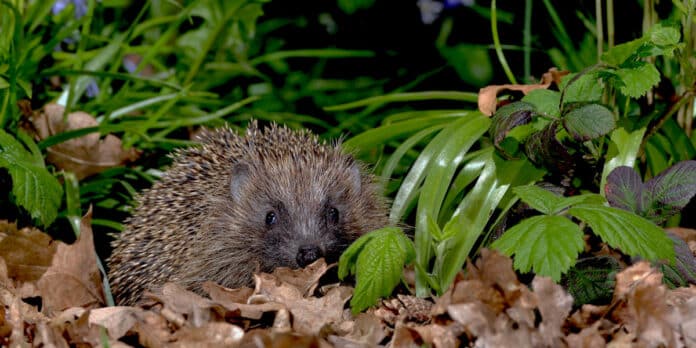Animals and wildlife really struggle in the UK during heatwaves. Here we identify how we can help.
To help wildlife during a heatwave, here are some important measures to consider:
- Provide access to water: Ensure there are adequate water sources available for wildlife, such as natural water bodies, ponds, and small pools. Consider setting up shallow bowls or containers filled with water in your yard or garden for birds, small mammals, and insects.
- Create shaded areas: Set up artificial shade structures like canopies or umbrellas in your garden or backyard to provide shelter and relief from direct sunlight for wildlife. Planting trees and shrubs that offer shade can also create cool areas for animals.
- Maintain natural habitats: Preserve and protect natural habitats, including forests, wetlands, and grasslands, as they provide essential shelter, food, and water for wildlife. Avoid any activities that may harm or disturb these habitats.
- Avoid disturbing nests and dens: Be cautious when exploring natural areas and avoid disturbing nests, burrows, or dens of animals. Many species find refuge in these structures, especially during extreme weather conditions.
- Provide supplemental food: Consider putting out supplemental food for birds and other wildlife. Provide seeds, fruits, or nectar in feeders or shallow dishes. Ensure the food is fresh and replenish it regularly.
- Create wildlife-friendly gardens: Plant native vegetation that is suitable for the local wildlife. Native plants are adapted to the climate and provide essential food sources for birds, insects, and other animals. Additionally, create a variety of habitats like flowering plants, shrubs, and trees to attract different species.
- Limit outdoor activities: Minimise activities that may disturb or stress wildlife during the heatwave. Avoid excessive noise, use of heavy machinery, or unnecessary movement around habitats that could disrupt their natural behaviours.
- Report injured or distressed animals: If you come across injured, dehydrated, or distressed wildlife, contact local wildlife rehabilitation centers or animal rescue organisations. They have the expertise to provide appropriate care and support.
- Educate others: Spread awareness about the importance of protecting wildlife during extreme weather conditions. Encourage your friends, family, and community to adopt wildlife-friendly practices and conservation efforts.
- Advocate for climate action: Heatwaves are often linked to climate change. Support and engage in initiatives that address climate change at local, national, and global levels. Promote sustainable practices and advocate for policies that protect the environment and reduce greenhouse gas emissions.
Remember, it’s essential to prioritise the safety and well-being of wildlife and provide them with the necessary support during challenging environmental conditions.
Join us in helping to bring reality and decency back by SUBSCRIBING to our Youtube channel: https://www.youtube.com/channel/UCQ1Ll1ylCg8U19AhNl-NoTg and SUPPORTING US where you can: Award Winning Independent Citizen Media Needs Your Help. PLEASE SUPPORT US FOR JUST £2 A MONTH https://dorseteye.com/donate/







